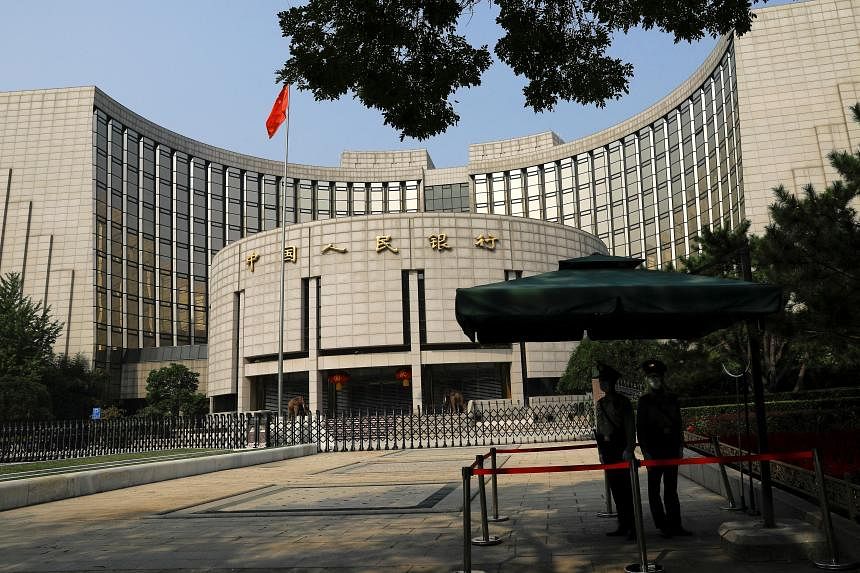
Kone Ywar village was nearly burned to the ground by Myanmar junta forces during a night raid Tuesday, Feb. 28, 2023, in Yinmarbin township, Sagaing region.
March 2, 2023
By RFA
The junta troops entered the central Myanmar village of Kone Ywar on Tuesday evening and set it alight. When the flames had finally died down by Wednesday morning, they methodically set fire to whatever was left standing.
The destruction in Kone Ywar – a settlement populated by more than 1,400 people in Sagaing region’s embattled Yinmarbin township – is becoming all too commonplace in Myanmar, where more than two years after a coup, the military has embarked on a scorched earth campaign to root out the country’s armed resistance.
But while civilians are regularly caught up in the conflict, despite claims by the junta that it does not target noncombatants, it is rare for the military to wipe out nearly an entire village.
By the time the smoke had cleared on Wednesday and the junta unit had moved on, all but 30 of Kone Ywar’s more than 700 homes had been razed, three civilians had been killed, and thousands of Yinmarbin’s residents had fled the township in fear for their lives.
“[The soldiers] burned down almost the entire village … They were burning the whole night yesterday and they even torched the houses left standing this morning,” a resident, who spoke on condition of anonymity fearing reprisal, told RFA Burmese.
“Only about 30 houses were left, although we don’t know exactly how many were destroyed.”
The raid followed a clash near the entrance to Kone Ywar between the military and members of the local anti-junta People’s Defense Force paramilitary group that led to military casualties, he said, suggesting that the arson had been an act of revenge.
Other residents told RFA that the soldiers had killed three men in their 30s, two of whom lived in Kone Ywar. The identity of the third man was not immediately clear.
Soon after departing Kone Ywar, the troops again clashed with PDF forces in nearby Yae Aungt village, with military helicopters joining the battle, they said.
Around 10,000 residents from the two villages, as well as from others in the vicinity – including Sar Taw Pyin, Zee Taw, Let Hloke, Ohn Taw, Lar Boet and Yin Paung Taing – had fled their homes for safety and remained displaced, residents added.
Yinmarbin is one of the townships in Sagaing region declared under martial law by the junta last month.
Wetlet township raid
The destruction in Kone Ywar came on the same day that junta troops raided two villages in Sagaing’s Wetlet township, setting fire to homes and killing at least two elderly residents, sources said.
A resident of Wetlet, who declined to be named citing security concerns, told RFA that a column of around 80 soldiers torched 59 houses in Moke Soe Chon Bu Tar and another two homes in nearby Bo Te on Tuesday.
Tin Hla, a woman in her 70s, perished in the fires in Bo Te, the resident said.
“They left her there when they were burning the houses and since she was too old to run, she died in the fire,” he said.
Junta troops leaving Moke Soe Chon Bu Tar at around 8:00 a.m. on Wednesday shot and killed Myint Than, 60, as he rode his motorbike outside the village, the resident said.
More than 1,000 residents of the two villages – each with more than 100 homes – were forced to flee to safety during the raid, sources told RFA.
Attempts by RFA to contact Aye Hlaing, the junta’s social affairs minister for Sagaing region, by phone went unanswered Wednesday. However, junta Deputy Information Minister Major Gen. Zaw Min Tun has previously said that arson is a tactic used by the PDF and that the military “never causes harm to civilians.”
Last month, a military column burned down more than 100 houses in Wetlet township’s Ta Kaung Min village in a Feb. 3 raid, during which a civilian was killed by a rocket propelled grenade fired by junta soldiers, residents said.
According to the United Nations Office for the Coordination of Humanitarian Affairs, as of Feb. 2, some 650,000 residents of Sagaing region had fled their homes due to armed conflict in the aftermath of the Feb. 1, 2021, coup.
Data for Myanmar, an independent research organization, says that at least 43,292 houses have been destroyed by arson in Sagaing in the two years since the takeover.
Translated by Myo Min Aung. Edited by Joshua Lipes and Malcolm Foster.
RFA
Radio Free Asia’s mission is to provide accurate and timely news and information to Asian countries whose governments prohibit access to a free press. Content used with the permission of Radio Free Asia, 2025 M St. NW, Suite 300, Washington DC 20036.















